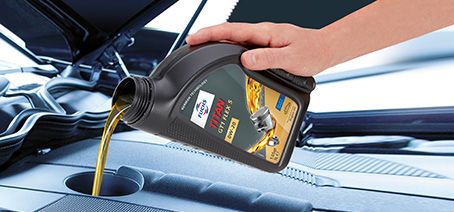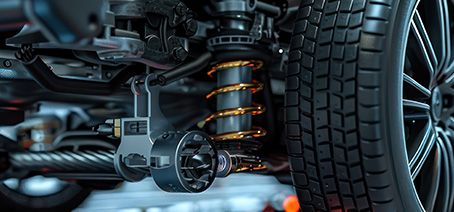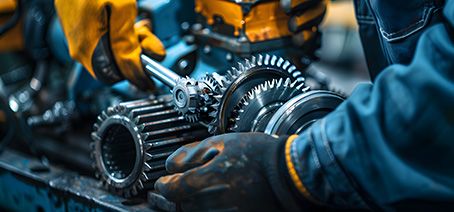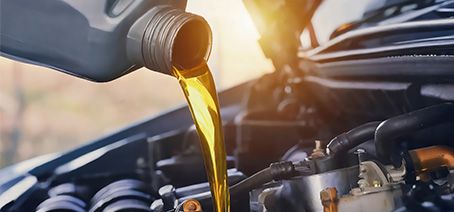FUCHS Blog
Discover more about the lubrication industry.
Tips for smarter lubrication
More efficient, simpler, cheaper, or better for the environment. In this blog we offer some useful tips on technology, lubrication procedures and products. We call it ‘Did you know…?’, and one thing all the tips have in common is that they pave the way for smarter lubrication.
Did you know…?
…that higher temperatures mean more frequent lubrication intervals. In operating temperatures of over 70°C, a temperature rise of 15°C means you have to lubricate twice as often. This means more work, but also rising operating costs as more lubricant is used.
…greases with a wide range of applications make life simpler. Often, several products are used to cover your needs, but by choosing only one product that adapts to the needs of each application you have a lot to gain – cutting both time and costs. Modern greases are based on polymers, they are acid and alkali resistant, and will stay in the place of application, along with many other benefits. Please contact us to find out more.
…synthetic oil is more expensive to buy, but is still a profitable choice. Synthetic oil means lower friction between machine parts, and less material stress. This increases the service life of your components. Moreover, the drain interval is longer, meaning less fluid handling, and also lower maintenance costs.
…over-lubrication causes many cases of bearing failure. Research shows that between 30% and 40% of bearing failure is linked to over-lubrication. To avoid this, it is vital to use the right amount of lubricant, and to lubricate at the right time. More does not always mean better; on the contrary, in many cases, over-lubricating can cause problems. It causes increased temperatures, the grease to age and become thicker, all of which puts a strain on working components. It’s also important to make sure the pressure in the grease gun is not too high. This can damage seals, leading to leakage which causes corrosion, accelerating wear of components and increasing the risk of breakdown.
…the right lubricant can reduce energy loss. In a bearing on a turbine, choosing the right lubricant can reduce energy loss by up to 20%. And when the efficiency increases, so too does the number of kilowatt hours produced, thus improving profitability. In fact, investments in efficiency-raising turbine oil can pay back as quickly as the first year of operation. By using an oil with a long life – up to 10 years – it is also possible to make savings on maintenance. Needless to say these turbine oils are biodegradable, so that any leakage will not be harmful in sensitive water areas.
…fully synthetic oils reduce engine wear on cold starts. Mineral oils thicken at low temperatures and lose a lot of their ability to lubricate around the engine. This leads to a rise in oil pressure and temperature, while the stress on the oil pump and other parts increases. A fully synthetic oil, on the other hand, has lower viscosity, flows better and retains its lubricity in very low temperatures of down to -30°C.
…it’s important to check what glycol the engine needs. There are thousands of engine lubricant products in the market, but using the wrong one can be costly. Not all types are miscible with each other, which can lead to clogged cooling systems, higher corrosion, leakage or engine breakdowns. Check your vehicle instruction manual, or use our useful online 'Oil Chooser' tool.
…lubricants can raise the environmental performance of sawmills. Such industries sometimes undergo environmental assessments, during which they should ideally show environmental improvements. Changing to eco-friendly products is one valuable way of showing such improvements, especially since sawmills use a lot of lubricant in their hydraulic equipment, conveyors and other machinery. Needless to say, such eco-friendly products are fully biodegradable.











